You've probably seen people at the gym sipping coffee or energy drinks before they train. Maybe you do it yourself. But does caffeine and exercise actually make a difference, or is it just habit?
The research is clear: caffeine does improve workout performance. Not dramatically, but consistently. We're talking about 2-3% performance improvements on average, which might not sound like much until you realize that's the difference between setting a PR and falling short.
At Hideout Fitness in Irvine, our members from Newport Beach, Costa Mesa, and across Orange County constantly ask about caffeine and their workouts. Some swear by their pre-workout coffee. Others wonder if they're missing out by skipping it.
Here's what actually matters.
Caffeine blocks adenosine receptors in your brain. Adenosine is what makes you feel tired during workouts. When caffeine blocks those receptors, you don't feel as fatigued, even though your muscles are working just as hard.
The International Society of Sports Nutrition has studied this extensively. Their research shows caffeine doesn't actually make your muscles stronger or give you more energy stores. It just changes how hard exercise feels.
What happens when you take caffeine before workouts:
- Your perceived effort drops (the workout feels easier)
- You can sustain higher intensities for longer
- Mental focus improves
- Reaction time speeds up slightly
- Pain perception decreases
These effects kick in 30-60 minutes after consuming caffeine and last 3-4 hours, depending on how fast you metabolize it.
Let's look at what the research actually shows. A large review analyzing 44 studies found that caffeine improves endurance performance by an average of 2-3%. Some studies showed improvements up to 17%, while others showed minimal effects.
That variability matters. Caffeine isn't magic. It works better for some people than others.
Caffeine for endurance exercise
Research consistently shows caffeine helps with activities lasting longer than 5 minutes. Cyclists who consumed 3-6 mg/kg of caffeine completed time trials 2-3% faster than those who took a placebo.
That might not sound impressive until you realize competitive races are often decided by less than 1%. In a 10k run, 2% improvement is about 30-40 seconds. That's huge.
Caffeine for strength training
The research here is less consistent, but multiple studies show moderate caffeine doses (3-6 mg/kg) can increase:
- Total volume lifted in a session
- Number of reps completed before failure
- Power output and bar velocity
- Muscular endurance
One study found that trained athletes who took 3 mg/kg of caffeine demonstrated significantly increased force and power output on bench press compared to placebo.
Caffeine for high-intensity interval training
Caffeine appears to help trained athletes more than beginners during high-intensity work. Studies on cycling, swimming, and team sports show caffeine reduces perceived exertion during hard efforts, allowing people to maintain higher intensities.
If you've ever wondered why so many athletes rely on caffeine for workouts, this is why. The benefits are modest but real.
The sweet spot is 3-6 mg of caffeine per kg of body weight.
What that looks like in practice:
For a 150 lb (68 kg) person:
- Low dose: 200 mg (about 2 cups of coffee)
- Moderate dose: 300 mg (about 3 cups of coffee)
- High dose: 400 mg (about 4 cups of coffee)
For a 200 lb (91 kg) person:
- Low dose: 275 mg
- Moderate dose: 400 mg
- High dose: 550 mg
Studies show doses lower than 3 mg/kg still provide benefits, just smaller ones. Doses higher than 6 mg/kg don't seem to improve performance more and increase the risk of side effects like jitters, anxiety, and stomach issues.
Timing matters more than you think:
Take caffeine 30-60 minutes before your workout. That's when blood caffeine levels peak. Some people respond better to 30 minutes, others to 60. Experiment to find what works for you.
Taking caffeine during longer workouts (90+ minutes) can also help. Consuming 100-200 mg of caffeine late in endurance exercise helps maintain performance when fatigue sets in.
Coffee vs pre-workout supplements
Here's something important: research comparing coffee to caffeine pills shows they produce nearly identical performance benefits.
If you're already taking a pre-workout supplement and wondering why we're talking about coffee, check out our guide on what pre-workout actually does.
The short version: caffeine is the main ingredient doing the heavy lifting. Everything else is mostly optional.
Endurance training (running, cycling, swimming)
This is where caffeine shines. Multiple studies show consistent 2-3% improvements in performance. The longer the activity, the more caffeine seems to help. Marathon runners, cyclists, and triathletes benefit in a big way.
Strength training
The research is mixed but generally positive. Caffeine appears to help more with muscular endurance (high reps) than maximal strength (1-3 rep max). If you're doing sets of 8-12 reps, caffeine might help you get 1-2 extra reps per set.
High-intensity interval training
Studies show caffeine helps trained athletes maintain higher power outputs during repeated intervals. The effect is smaller for beginners. If you're doing sprints, burpees, or other intense intervals, caffeine can reduce how hard they feel.
Power and explosive movements
Research here is limited. Some studies show improvements in jump height and sprint speed, others show no effect. If you're training for explosive power, caffeine probably won't hurt but might not help much either.
At our Irvine gym, we see members use caffeine most effectively for longer training sessions (60+ minutes) where mental fatigue becomes a factor. That's when the perceived effort reduction really matters.
Caffeine isn't perfect. Here's what to watch for:
- Sleep disruption: Taking caffeine within 6 hours of bedtime can mess with your sleep. Poor sleep hurts your training more than caffeine helps it. If you train in the evening, skip the caffeine.
- Tolerance builds up: If you drink coffee daily, you'll need more caffeine to get the same exercise benefits. Some research suggests cycling caffeine (5 days on, 2 days off) maintains its effectiveness.
- Jitters and anxiety: High doses cause shakiness, increased heart rate, and anxiety in some people. Start with lower doses to see how you respond.
- Stomach issues: Caffeine stimulates your digestive system. For some people, that means needing a bathroom mid-workout. Not ideal.
- Dependency: Feeling like you can't work out without caffeine is a psychological trap. The research shows caffeine helps, but plenty of people train hard without it.
- Individual variation: Some people metabolize caffeine slowly due to genetics. For them, even moderate doses can cause sleep problems and anxiety while providing minimal performance benefits.
At Hideout Fitness, we see people fall into the trap of using higher and higher caffeine doses to get the same effect.
If you're taking 500+ mg before workouts, you've probably built up too much tolerance.
Here's what actually works based on the research and what we see with our Orange County members:
If you don't currently use caffeine:
- Start with 200 mg (2 cups of coffee) 45 minutes before training
- Try it for 2-3 workouts to see how you respond
- Don't use it every single workout. Save it for harder sessions
If you already drink coffee daily:
- You'll need slightly more (3-4 cups worth) to get performance benefits
- Time it 30-60 minutes before training
- Consider taking 2-3 days off weekly to maintain sensitivity
Best caffeine sources for workouts:
- Black coffee (cheapest, effective)
- Espresso (concentrated, fast)
- Caffeine pills (precise dosing)
- Pre-workout supplements (convenient but expensive)
All work similarly. Coffee is our default recommendation because it's cheap and you know exactly what you're getting.
When to skip caffeine:
- Training within 6 hours of bedtime
- When already feeling anxious or stressed
- During deload weeks when intensity is lower
- If you're already overtrained (more stimulation won't help)
Caffeine and exercise performance do go together. But it's a tool, not a requirement. You can absolutely get strong, build muscle, and improve your fitness without ever touching caffeine.



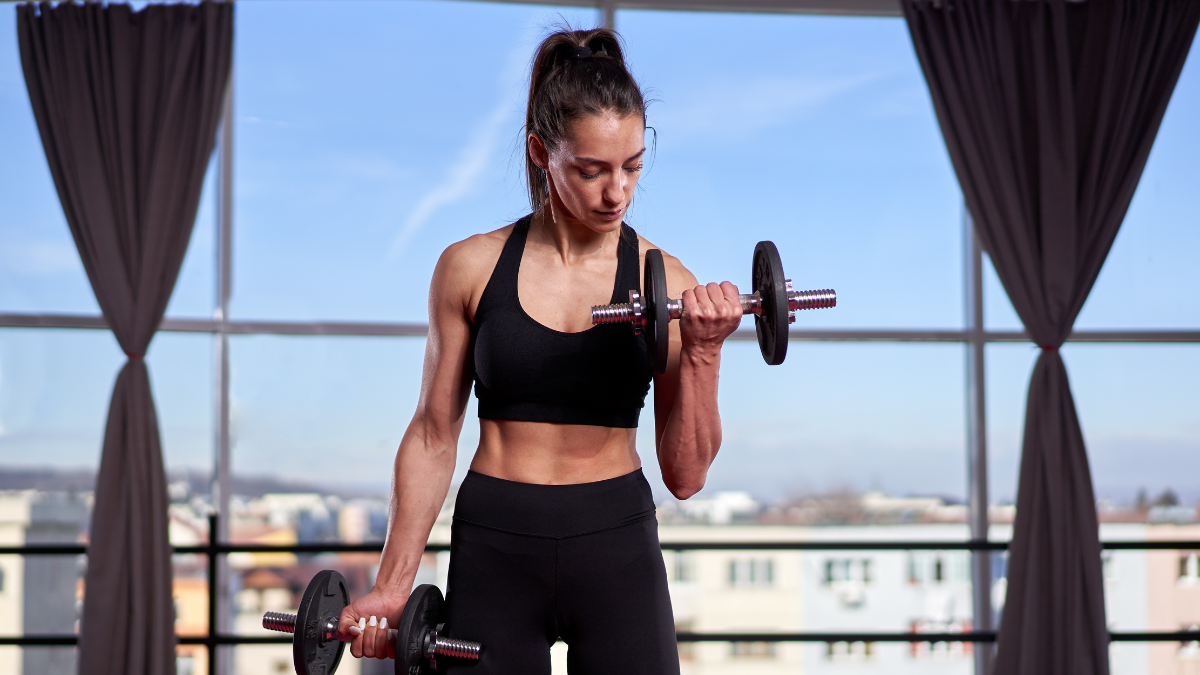








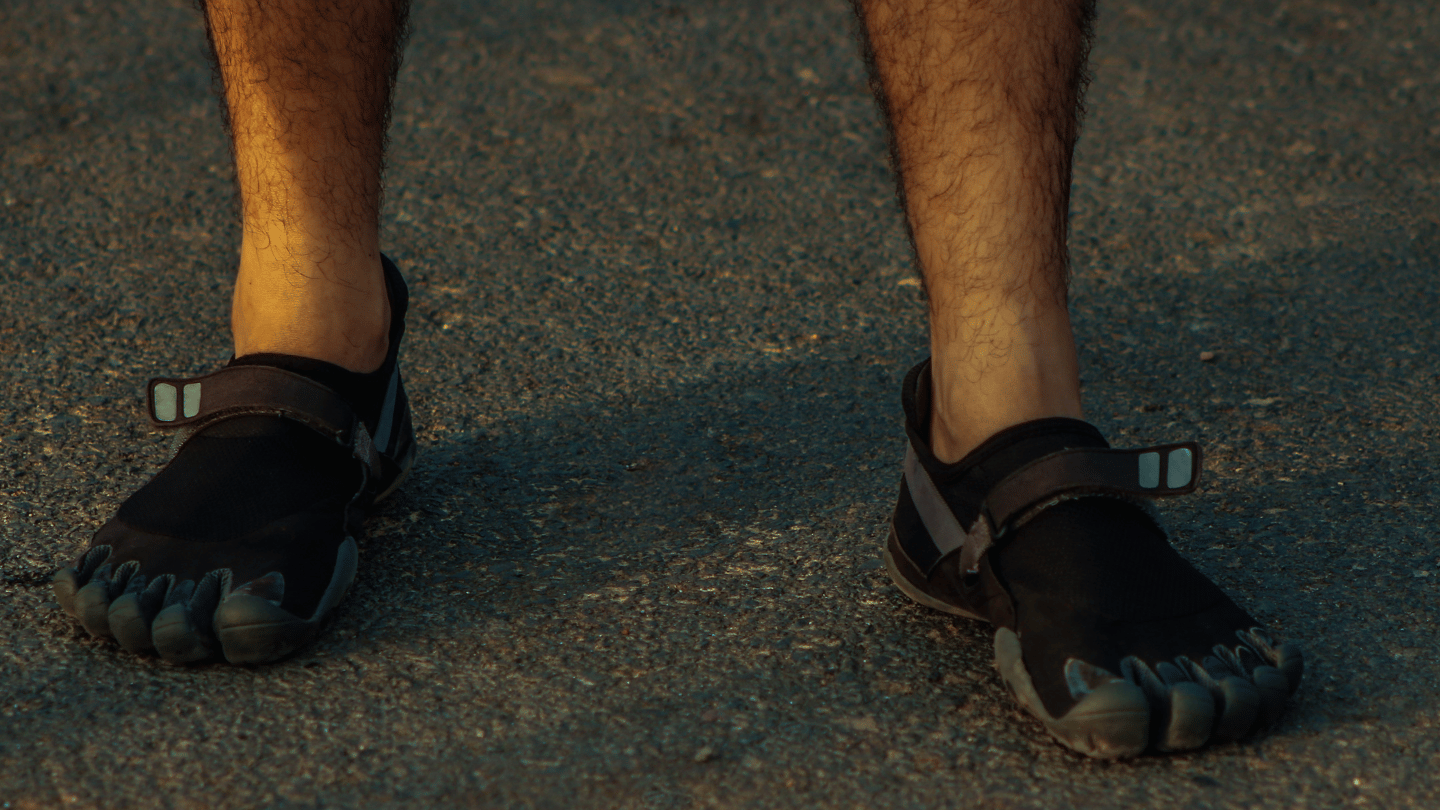




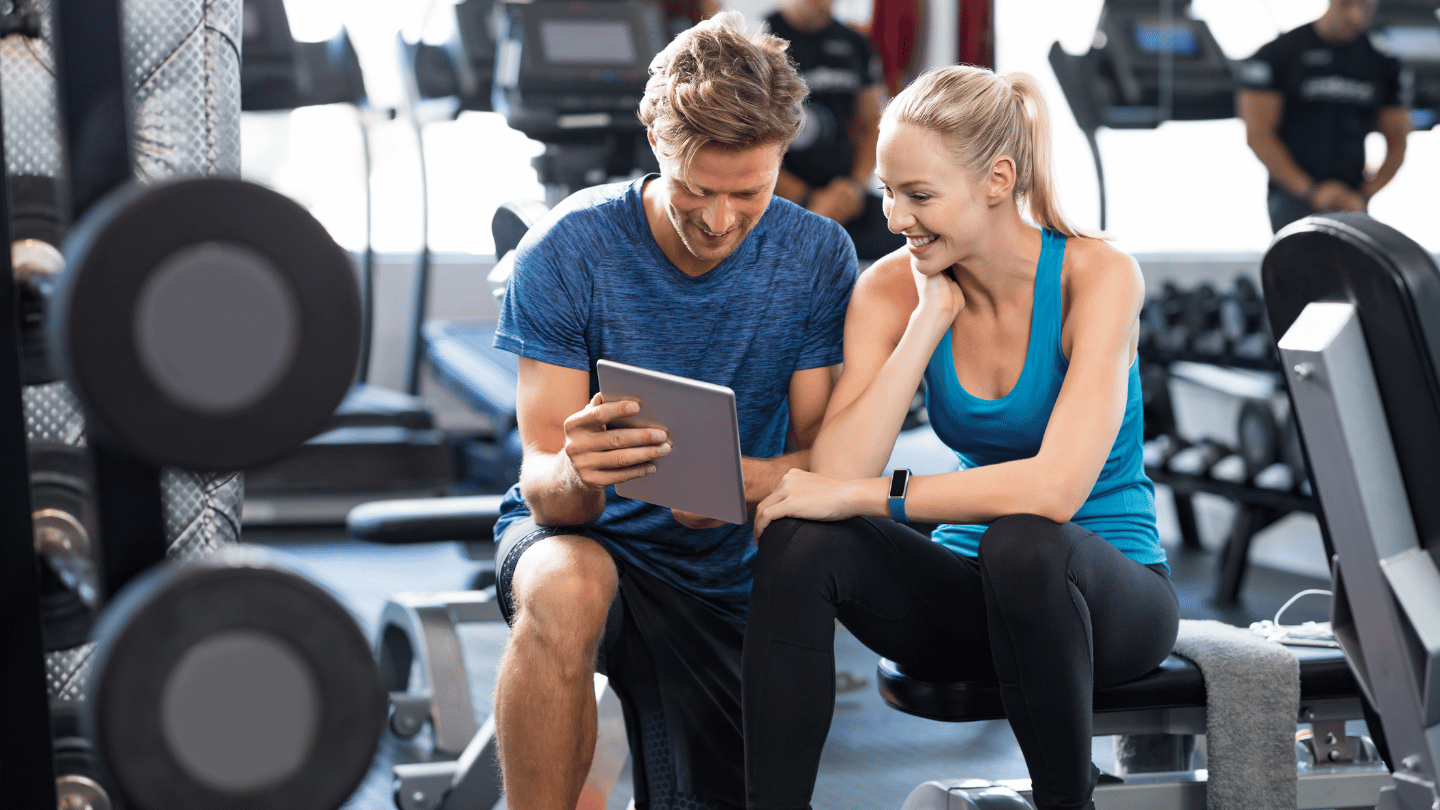

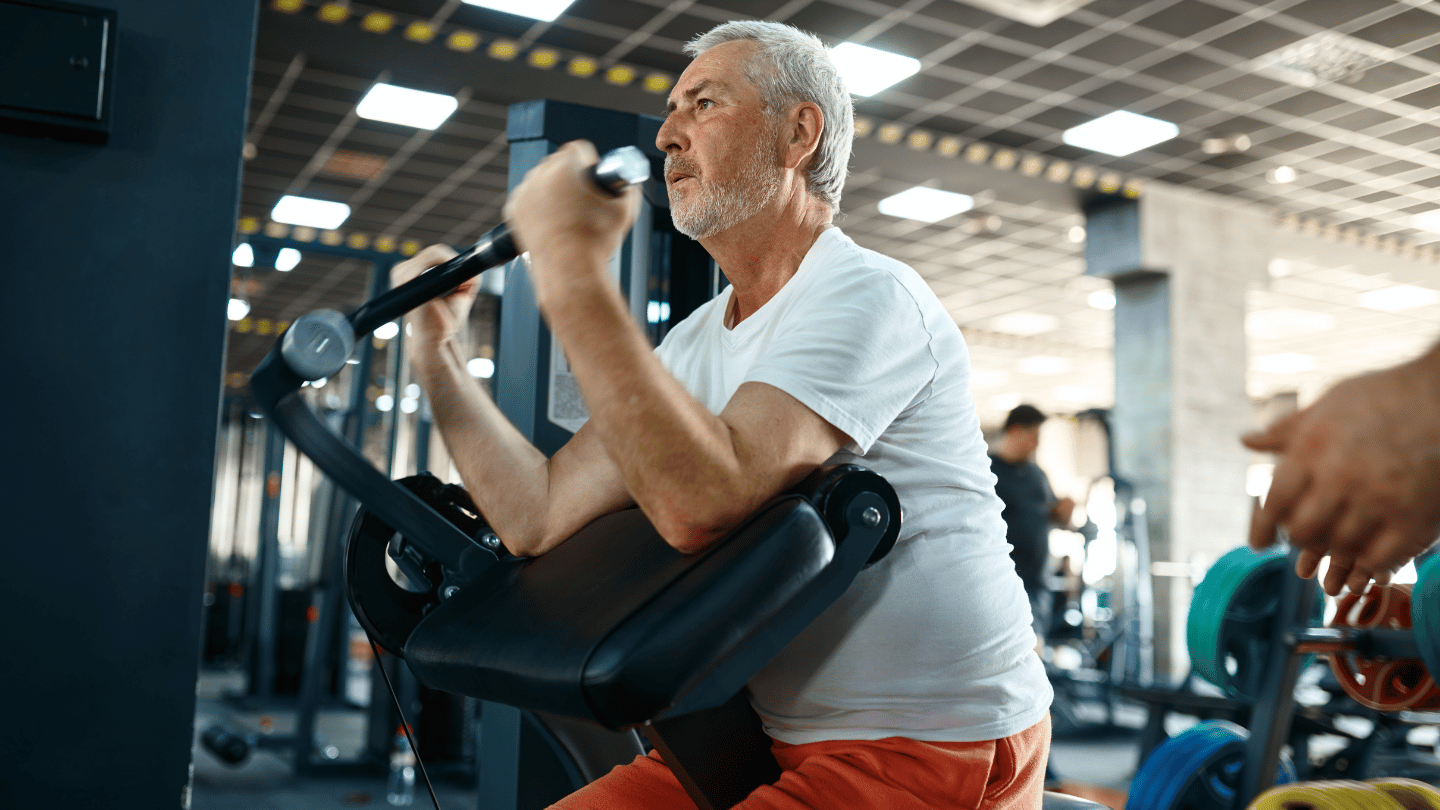

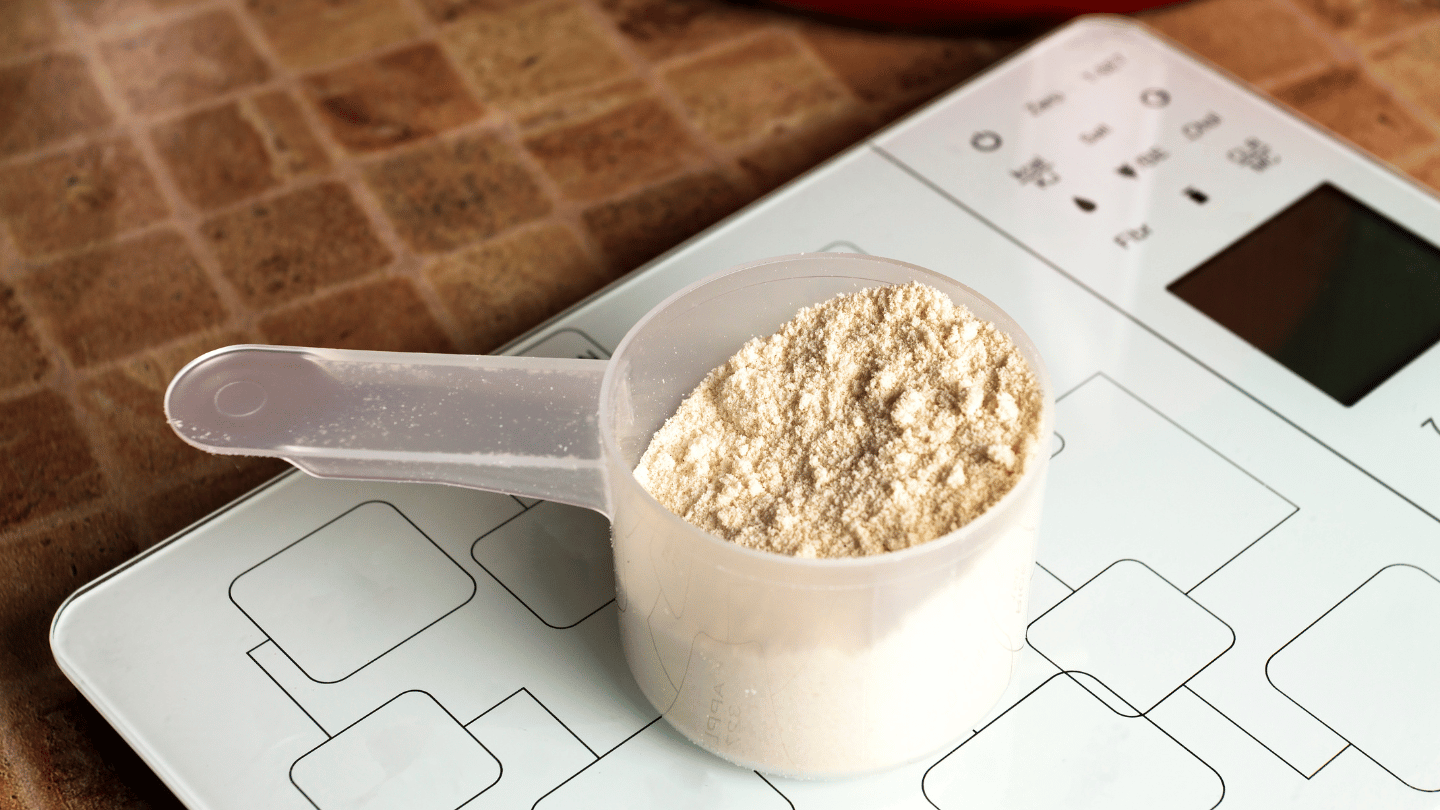

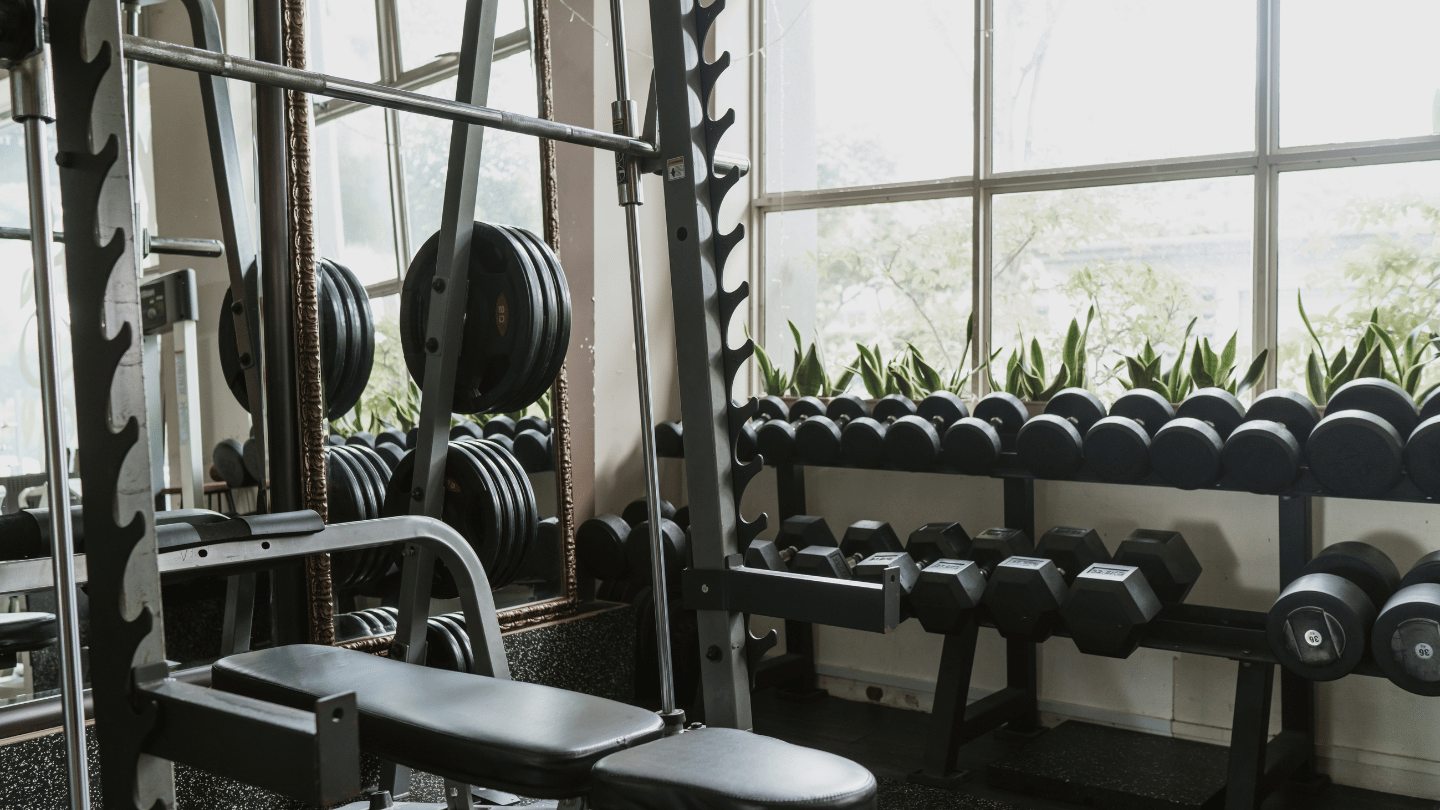
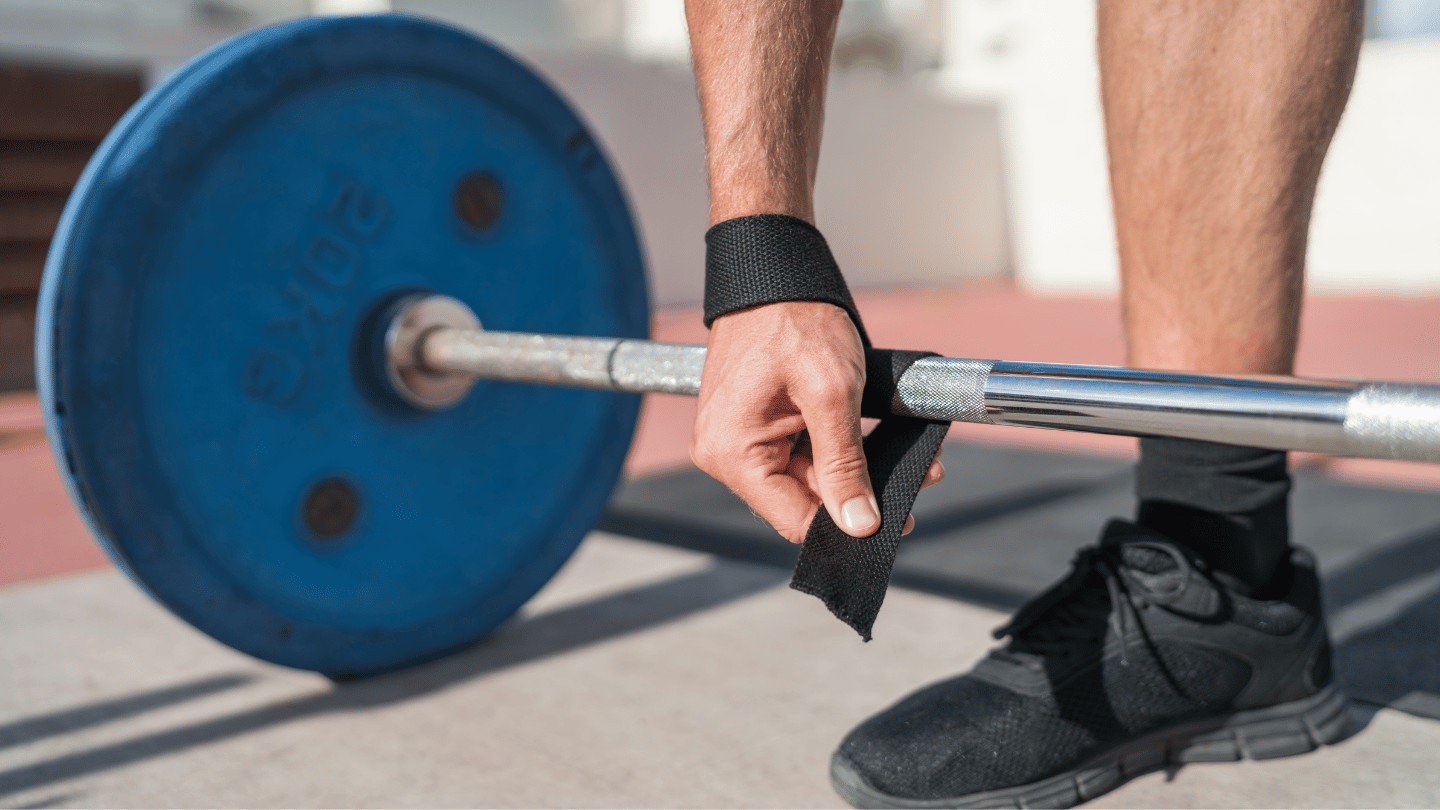


.png)
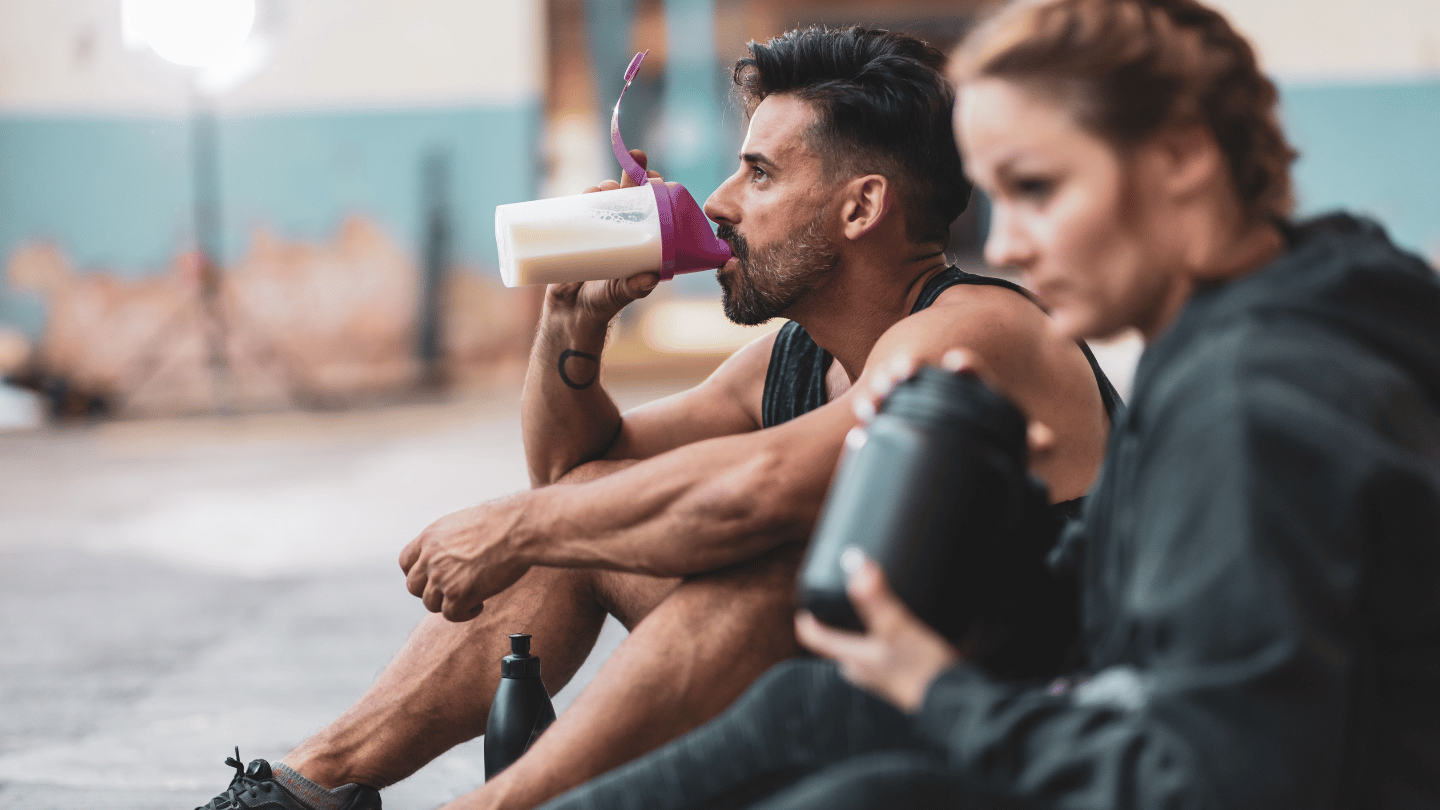
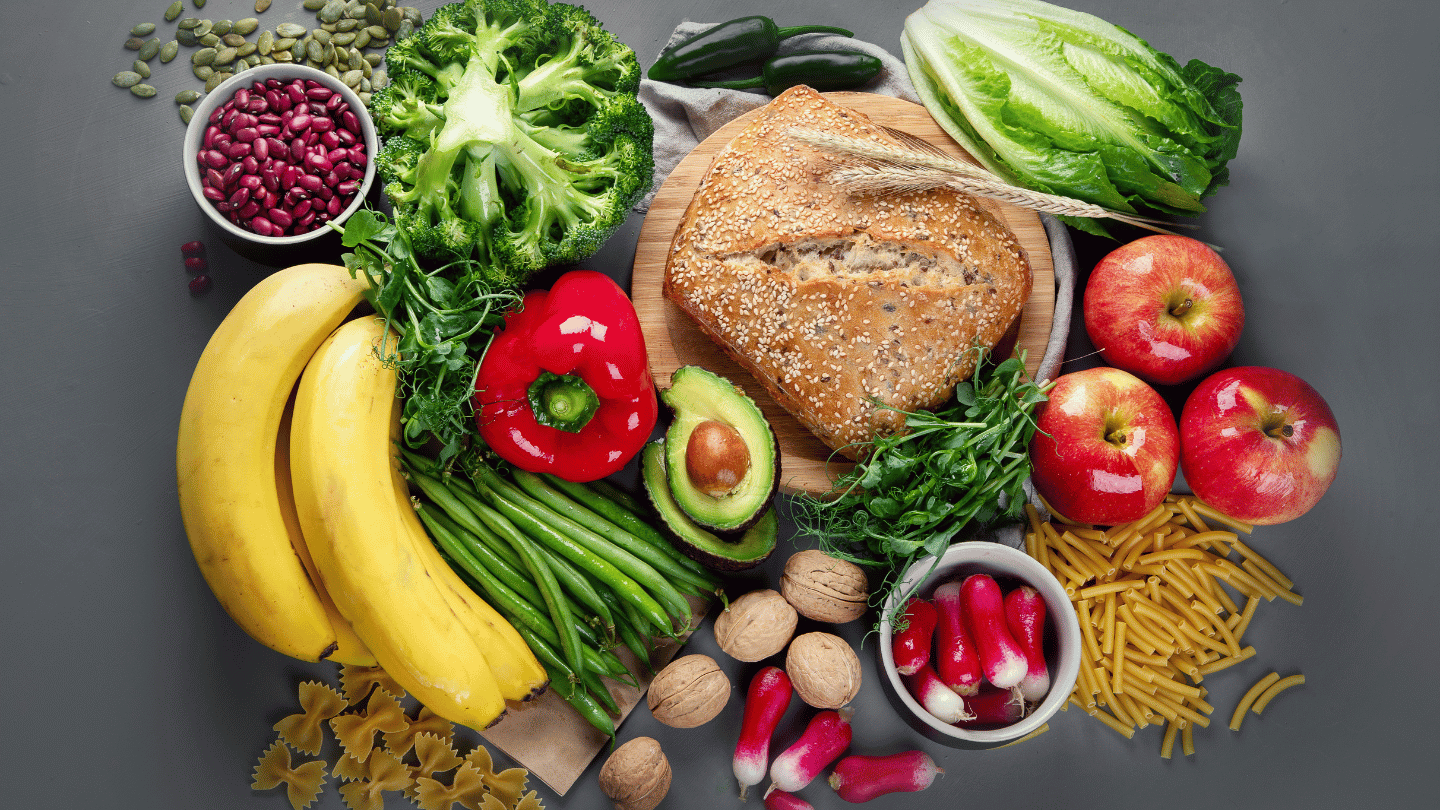









.png)




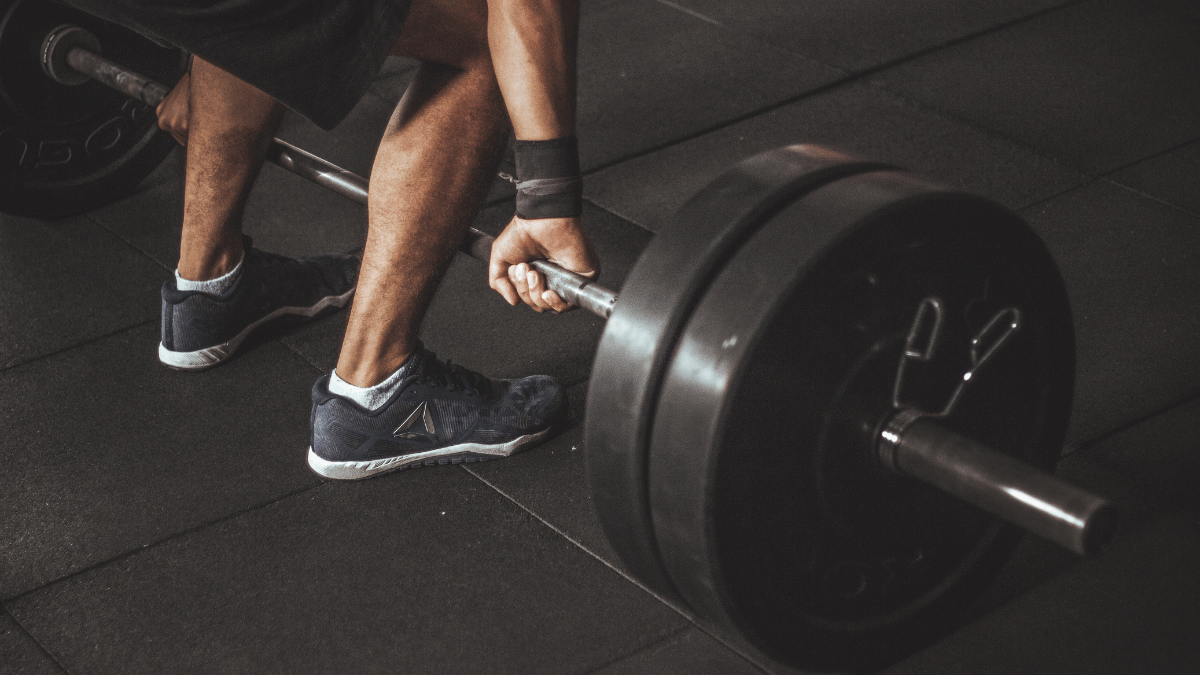





















.png)
.png)
.png)



























.png)
.png)
.png)
.png)
.png)